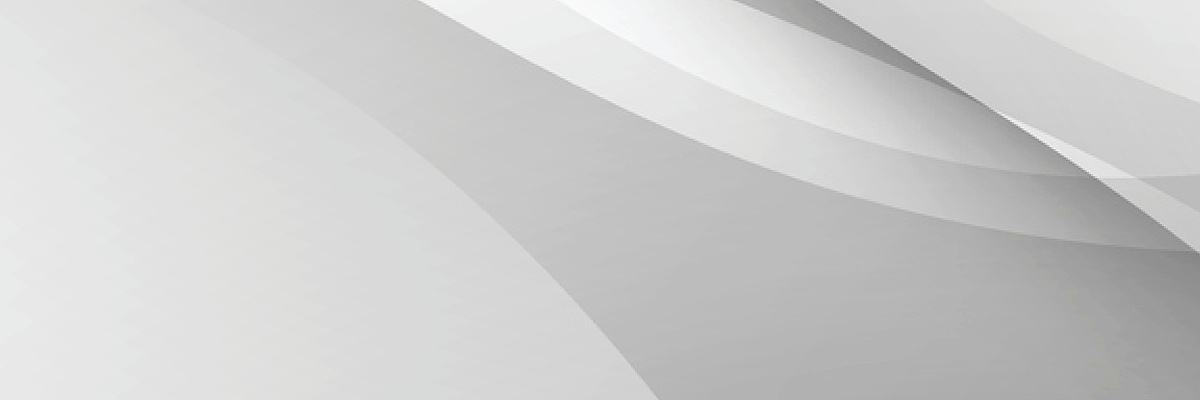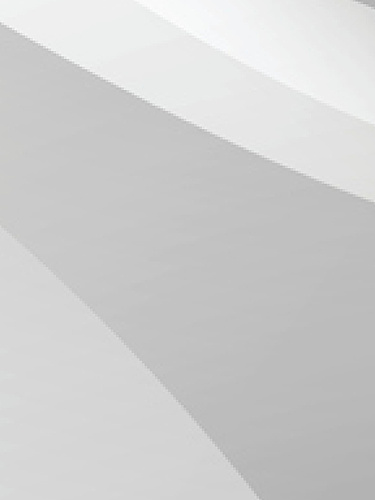


Mercado Livre is an online marketplace that facilitates individuals and companies to sell and buy new and second-hand products and services.
Recently, Instituto Ana Paula Pujol Ltda., a company producing copyrighted digital content for educational purposes, discovered that its digital material was being advertised on Mercado Livre without authorization.
Upon discovering the copyright infringement, Instituto Ana Paula Pujol immediately acted by reporting the issue to Mercado Livre and requesting the immediate cessation of the unauthorized advertising of its copyrighted digital content.
The case has now reached the Superior Court of Justice (hereafter STJ) in Brazil to clarify the responsibility of e-commerce platforms regarding removing user-profiles and content that violates copyright laws. The main issue is whether they should remove such content only after receiving a notification from the copyright holder or after aspecific judicial order.
According to the Brazilian Civil Rights Framework for the Internet (Law 12.965 of 23rd April 2014, hereafter MCI), platforms like Mercado Livre are content providers responsible for making information available on the network. Article 19 of the MCI governs liability concerning an advertisement published by a third party on an e-commerce platform. It determines that digital platforms can only be liable for user-generated content if they fail to comply with a court order to remove content within the specified timeframe.
However, there is still some legal ambiguity as the responsibility of internet application providers to protect copyright has not been clearly defined in Article 19, § 2º, MCI. It explicitly mentions that the matter is contingent upon enacting specific legislation, which is currently absent.
Therefore, the internet application provider's liability for damages arising from content generated by third parties when it involves copyright infringement or related rights will continue to be regulated by current copyright legislation until the entry into force of the specific law provided for in § 2 of Article 19 MCI.
Brazilian Copyright Law (LDA) is dated 1998 and does not specifically protect copyright on the internet. Thus, the courts analyze each case individually.
In the present case, the STJ considers Article 104 LDA, which determines that those who offer protected content for sale are responsible, regardless of whether or how the e-commerce platform profits. Additionally, empowered by Article 102 LDA, the copyright holder whose work is fraudulently sold has the unequivocal right to request the suspension of such an act, ensuring their creative rights are safeguarded.
In such cases, the STJ decided on 02 April 2024 that an immediate cease of sales was required without waiting for a specific judicial order.
Mercado Livre failed to remove an advertisement for the sale of a course protected by copyright despite notification from the copyright holder. This non-compliance attracts its liability for the damages suffered, underlining the importance of adhering to copyright laws.